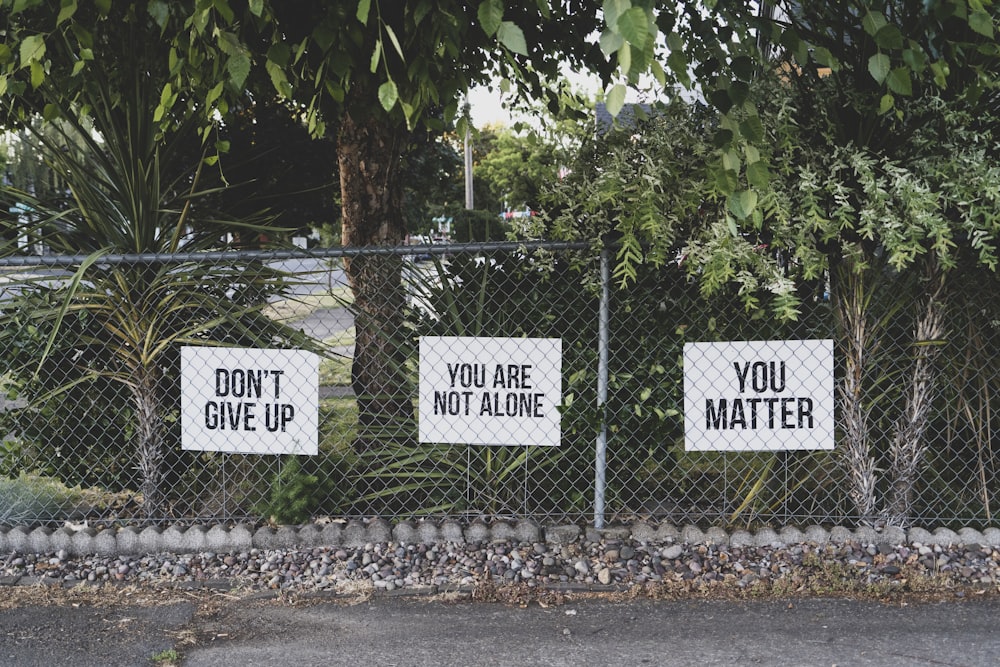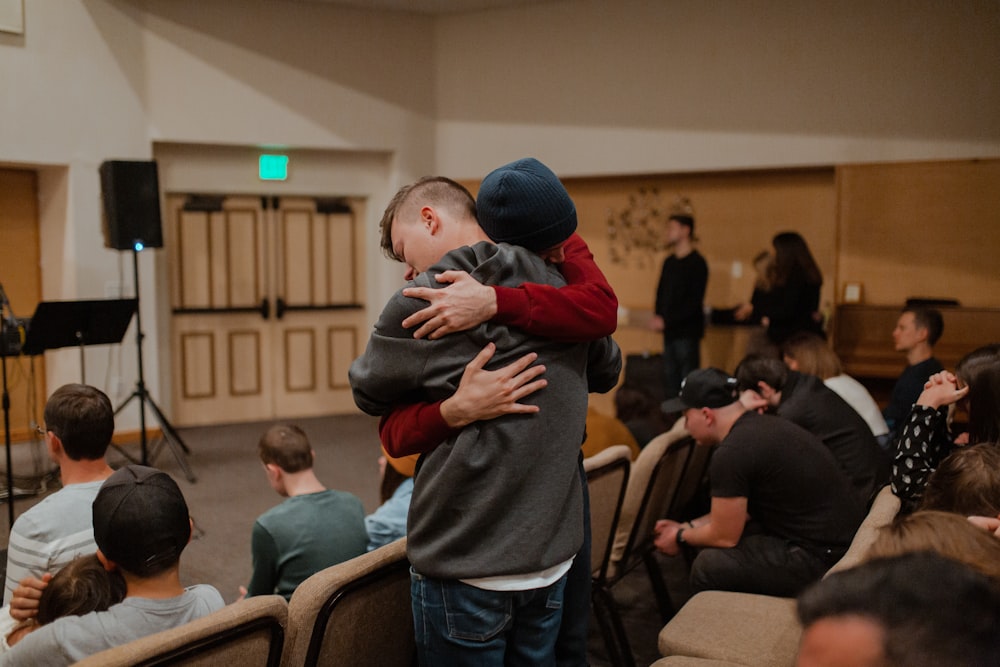Opioids are a type of medicine that is often used to alleviate pain. They function by raising your body’s number of pain signals to your brain. You can change the way the brain responds to pain. Opioids are typically administered by physicians to relieve pain.
Opioids are typically secure when properly used. But people who do not obey the instructions of their doctor and who abuse opioids can become addicted. Misuse of opioids means that you do not take medicine according to your doctor’s instructions.
What Is Addiction?
Subsistence is a disease that affects your brain and behavior. At first, you monitor your decision to start using medicines. If you misuse a drug, its relaxing impact will inevitably lead you to want to continue using it. Your brain changes in specific ways over time, so you develop a strong urge to use it.
Opioid Misuse And The Signs
The first step to recovery is to recognize that you have an opioid problem. Physical, behavioral, and psychological signs and signs of substance abuse can be present. One visible sign of addiction is that the substance can not be stopped. You should also not avoid using more than the prescribed number.
Additional signs and symptoms of opioid dependence include impaired balance, subduedness, weak or sluggish breathing, nausea, vomiting, constipation, physical discomfort, poor decision-making, and relinquishment.
Signs of Opioid Overdose
The overdose of opioids requires urgent medical attention for emergencies. Call 9-1-1 immediately if you suspect somebody has overdosed on opioids. In certain countries, a prescription nasal spray known as naloxone (Narcan) is available for overdose. Speak to your doctor to see if this medication may be needed.
What triggers addiction to opioids?
Opioid drugs change the brain through the production of artificial endorphins. These endorphins make you feel good, in addition to blocking pain. Too much opioid will lead to a dependence on these artificial endorphins in your brain. Your brain will also avoid generating its endorphins if it does so. The more drugs you use, the more likely that would be. Owing to substance resistance, you would likely require more medications over time.
A detox and rehab center is designed to provide those who fight drug abuse with the right tools and resources to overcome dependence. For more information, you can check mallardlakedetox.com.
The Benefits of Rehab
Someone who deals with opioid or alcohol abuse will benefit from the recovery. Those who suffer from addiction know how difficult it is to overcome it alone, and the healing environment of addiction recovery and detox centers provides the necessary support for a successful recovery. Rehab consists of individualized recovery plans that help patients identify and solve the root conditions that have begun their dependency.
Although the primary goal of a recovery program is to help patients overcome dependency, there are also several other benefits of recovery. In addition to overcoming dependency, those taking addiction should also learn the skills required to create a productive, safe, and happy life.
One of the most significant benefits of heading to a recovery center is the structure. Treatment programs highlight the creation of daily routines full of productive activities and consultation sessions to help patients to get involved and to eliminate distractions.
Breaks are made between routine tasks so that patients can understand what they hear. Patients can sit, talk, and relax during breaks and in the evening because it’s essential not just to learn new coping skills, but to practice them in a safe environment.
When people suffer from drug or alcohol addiction, they have developed patterns and ways of thinking that encourage dependency and prevent healthy habits. Routine is essential when replacing self-destructive behaviors with effective cures.
The recovery system provides a clear everyday agenda that prioritizes sobriety while maintaining a healthy lifestyle that patients can adhere to after-treatment. By continuing to structure living practices learned through addiction rehabilitation programs, you feel less pressure to find relief when returning home from drugs or alcohol.
Personal vs. Group Therapy
While any drug abuse counseling therapy is better than none, group therapy is usually preferred over individual therapy. In group therapy, you are both challenged and supported by peers who are also receiving drug rehabilitation.
Twelve-stage services are also peered support groups. You should be a valuable part of your restoration plan. However, note that they are not led by a licensed psychotherapist and thus are not the same as group therapy.
Individual therapy can be useful if you have depression, bipolar disorder, or another significant mental health problem that needs separate care from your dependency.





